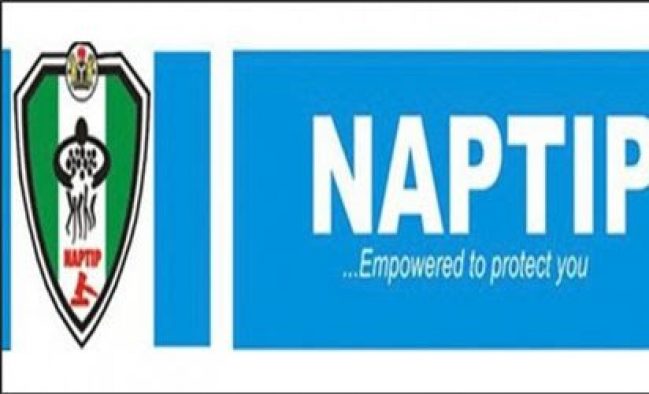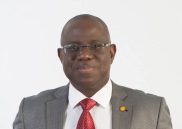

The National Agency for Prohibition of Trafficking in Persons (NAPTIP), yesterday, said that the southeast zone has the highest cases of sale of babies.
NAPTIP also disclosed that it has secured six convictions this year.
Zonal commander of the agency, who was represented by Mrs. Chidebere Oruruo, stated this at a one-day interface meeting between grassroots women and service providers in Enugu State.
The event organised by Women Advocates Research and Documentation Centre (WARDC) with support from Actionaid and UKaid, aimed at creating synergy between service providers and Nigerian women in the fight against corruption.
Mrs Oruruo posited that the women folk had failed in their duties as mothers, and charged them to always speak out when they see any form of violation against the child.
“Some women now specialise in sale of babies, that’s what they use to train their children.
“Some even organise young girls to make babies, and they sell them here. If it is a male, they sell for N800, 000 and the baby girl is N600, 000.
Read Also: Court Restrains Oshiomhole From Acting As APC Chair
“I must say it that the South East has highest rate of sale of babies than the North and the South West.
NAPTIP also disclosed how a lady who specialised in renting new-borns and deploying them as tools for begging around Enugu recently bagged seven years imprisonment.
Also, Dennis Okoro, a legal officer in the Enugu office of Independent Corrupt Practices and other related offences Commission (ICPC) said the body was ready to collaborate with any groups to contain corruption in the public sector.
In her presentation, Mrs. Chinwe Ndu of the Public Complaints Commission (PCC) described the Commission as the voice of the voiceless and urged the women to always bring complaints to them.
She also called for inter-agency collaboration in the fight against corruption, noting that no single agency could do it alone.
Speaking, Executive Director of WARDC, Dr. Abiola Akiyode-Afolabi, said corruption had contributed to hindering women’s political participation, access to justice, peace and security, economic empowerment, sexual and reproductive rights, right to education and their right to be free from all forms of violence.
Other service providers that participated in the interactive session were the National Human Rights Commission (NHRC), Standards Organisation of Nigeria (SON), and Enugu State Ministry of Gender and Social Development





















